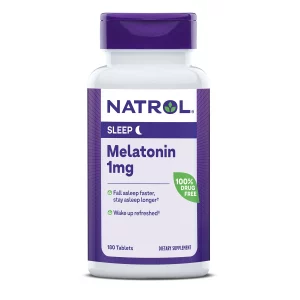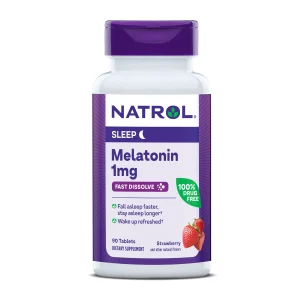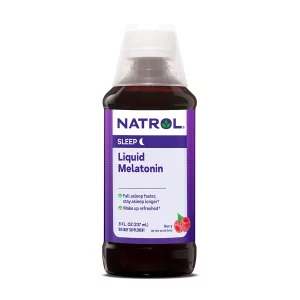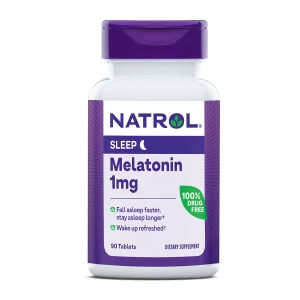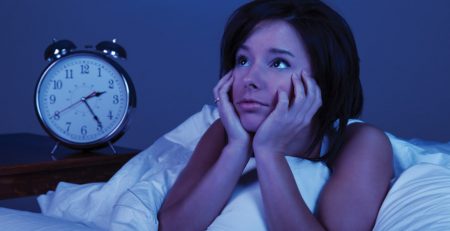What Is Melatonin and How Does It Work
Falling asleep and staying asleep can feel like a struggle sometimes. Whether it’s due to stress, age, or too many cappuccinos, trouble sleeping can take a toll on everything from your health and mood to your ability to successfully complete basic functions like putting on matching socks.
The creativity and wide range of solutions to help people sleep tells you that having trouble sleeping is not a new problem.
Melatonin supplementation has been increasingly seen as an effective solution to help with occasional sleeplessness.
In fact, more than 1.6 million people are choosing complementary and alternative medicine remedies to improve sleep, with melatonin being the most widely used.

What is Melatonin?
Also known as the “sleep hormone,” melatonin is a naturally occurring hormone produced by the pineal gland in the brain. It regulates your sleep-wake cycle, telling your body when it’s time for sleep. Melatonin also exists in low levels in some foods, like tart cherries and walnuts. It’s also synthesized and used as a supplement to help improve the body’s sleep-wake cycle.
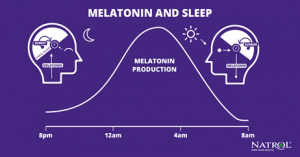
How Does Melatonin Work?
When the sun sets and darkness begins, signals through our optic nerve instruct our brain to start producing melatonin to prepare our body for sleep. The pineal gland continues to produce melatonin throughout the night until the sun rises, instructing the brain to stop melatonin production. During the day, there’s hardly enough of the hormone in our blood to detect. Bright light works on melatonin the same way it does on vampires, halting it in its tracks.
**Sleep Tip ** Since light stops melatonin production, creating a dark bedroom environment and limiting your exposure to electronics and other bright lights before bedtime can have a dramatic effect on natural melatonin production, and therefore your sleep.
** Sleep Tip ** If you wake up feeling drowsy, open your curtains to let the sunlight in. This will help stop melatonin production, making it easier for you to wake up.
How Melatonin Levels Get Disrupted
A key factor to enjoying consistent, healthy sleep is having the right amount of melatonin in your body at the right time.
There are several things that can disrupt your body’s ability to make enough melatonin at the right time, including:
- Too much exposure to too much light in the evening – especially bright blue lights like those emitted from mobile devices, televisions and other electronics
- Age-related loss of melatonin – natural melatonin production reduces as you age
- Work schedule or shift changes that would keep you up later or make you wake up earlier
- Jet lag from travel – time zone changes are a shock to the system
- Lack of regular exercise
- Improper diet
** Sleep Tip ** Eating well, going to bed and waking up at the same time every day, limiting exposure to artificial light one hour before bedtime and a melatonin supplement are ways to reestablish a normal sleep pattern and get a more restful night’s sleep. If you need help, take Natrol Melatonin. It is a non-habit forming sleep aid and is not a drug. Natrol Melatonin is the # 1 melatonin brand in America.
(adapted from natrol.com)



